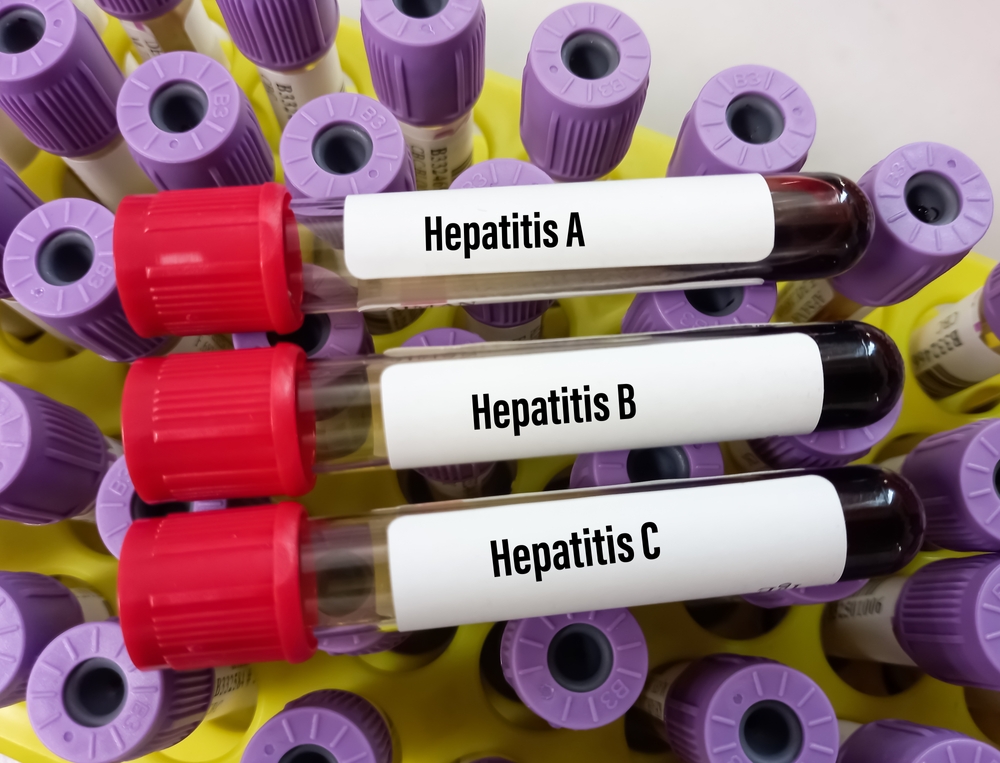The phone call no one wants to receive often starts the same way. Your favorite restaurant has been linked to a hepatitis A outbreak, or perhaps a close friend mentions they’ve been diagnosed with the infection. Suddenly, what seemed like a distant health concern becomes an immediate reality requiring swift action and clear understanding.
Hepatitis A represents one of the most common yet misunderstood viral infections affecting the liver. Unlike its more serious cousins hepatitis B and C, this particular strain offers a silver lining through its temporary nature and the body’s ability to develop lifelong immunity after recovery. However, the weeks or months between infection and full recovery can present significant challenges that require careful management and informed decision-making.
The infection announces itself through a constellation of symptoms that can initially masquerade as common illnesses. Fatigue often arrives first, followed by digestive disruptions including diarrhea, nausea, and vomiting. As the virus progresses, more distinctive signs emerge including dark urine, abdominal discomfort, and the telltale yellowing of skin and eyes known as jaundice. These symptoms reflect the liver’s struggle to process toxins effectively while battling the viral invasion.
Prevention becomes crucial after exposure
Time sensitivity defines the most effective hepatitis A prevention strategy. Post-exposure prophylaxis can prevent infection when administered within two weeks of potential contact with the virus. This window of opportunity makes immediate medical consultation essential for anyone who suspects exposure through contaminated food, close personal contact with infected individuals, or travel to high-risk areas.
The prevention approach varies based on individual circumstances and age. Those over one year typically receive the hepatitis A vaccine, while individuals over 40 may benefit from hepatitis A virus-specific immune globulin. These interventions prove most effective for people who have never received the vaccine or experienced previous infection, highlighting the importance of maintaining current vaccination records.
Restaurant outbreaks and food recalls represent common exposure scenarios that prompt public health responses. However, personal contact with infected family members or traveling to regions with poor sanitation infrastructure can create equally significant risks that require proactive medical intervention.
Recovery demands comprehensive lifestyle adjustments
Managing hepatitis A symptoms requires patience and systematic attention to basic health principles. Rest becomes non-negotiable as fatigue dominates the recovery experience, often lasting weeks beyond other symptom resolution. Many patients find that traditional work schedules become impossible, necessitating conversations with employers about flexible arrangements or temporary leave.
Hydration challenges multiply when digestive symptoms persist, creating a delicate balance between fluid replacement and symptom management. Water alone rarely suffices, with bone broth and electrolyte replacement beverages providing more comprehensive nutritional support. The goal involves maintaining steady fluid intake while avoiding foods that exacerbate nausea or digestive discomfort.
Dietary modifications support liver function during the healing process. Nutrient-dense foods including fresh fruits, vegetables, lean proteins, and whole grains provide essential building blocks for tissue repair. Conversely, high-fat foods often worsen digestive symptoms, while alcohol and certain medications can interfere with liver recovery and should be avoided entirely.
Understanding hepatitis recovery timeline expectations
Most people achieve complete recovery within several weeks to a few months, though individual experiences vary significantly. The majority develop lifelong immunity that prevents future hepatitis A infections, representing one of the few positive aspects of enduring this challenging illness.
However, a notable minority experience prolonged or relapsing symptoms that can extend up to six months. These cases often involve persistent fatigue and ongoing digestive issues that require extended lifestyle modifications and medical monitoring. Understanding this possibility helps patients maintain realistic expectations and avoid premature return to normal activities.
Serious complications remain rare but require immediate attention when they occur. Acute liver failure represents the most concerning potential outcome, particularly affecting older adults or individuals with pre-existing liver conditions. Such cases may require hospitalization or even liver transplantation, though these extreme scenarios affect only a small percentage of patients.
Medical guidance remains essential throughout recovery
Professional medical supervision provides crucial support throughout the hepatitis A recovery process. Health care providers can monitor liver function, adjust treatment recommendations, and identify potential complications before they become serious. They also provide personalized guidance about returning to work, exercise, and normal daily activities based on individual recovery progress.
Anyone experiencing symptoms or suspecting exposure should seek prompt medical evaluation rather than attempting self-diagnosis or treatment. Early intervention maximizes prevention opportunities while ensuring appropriate monitoring throughout the recovery period.














